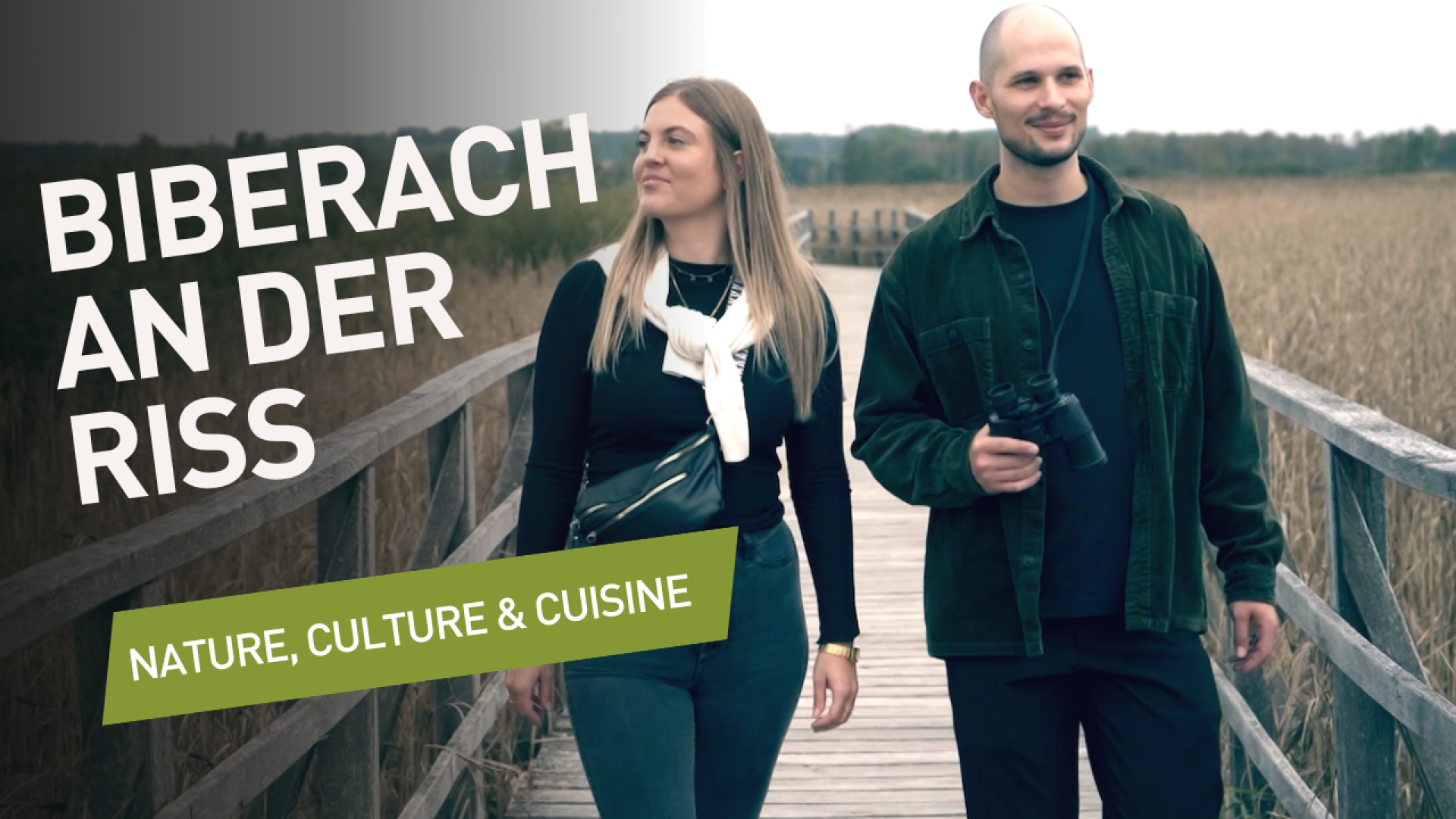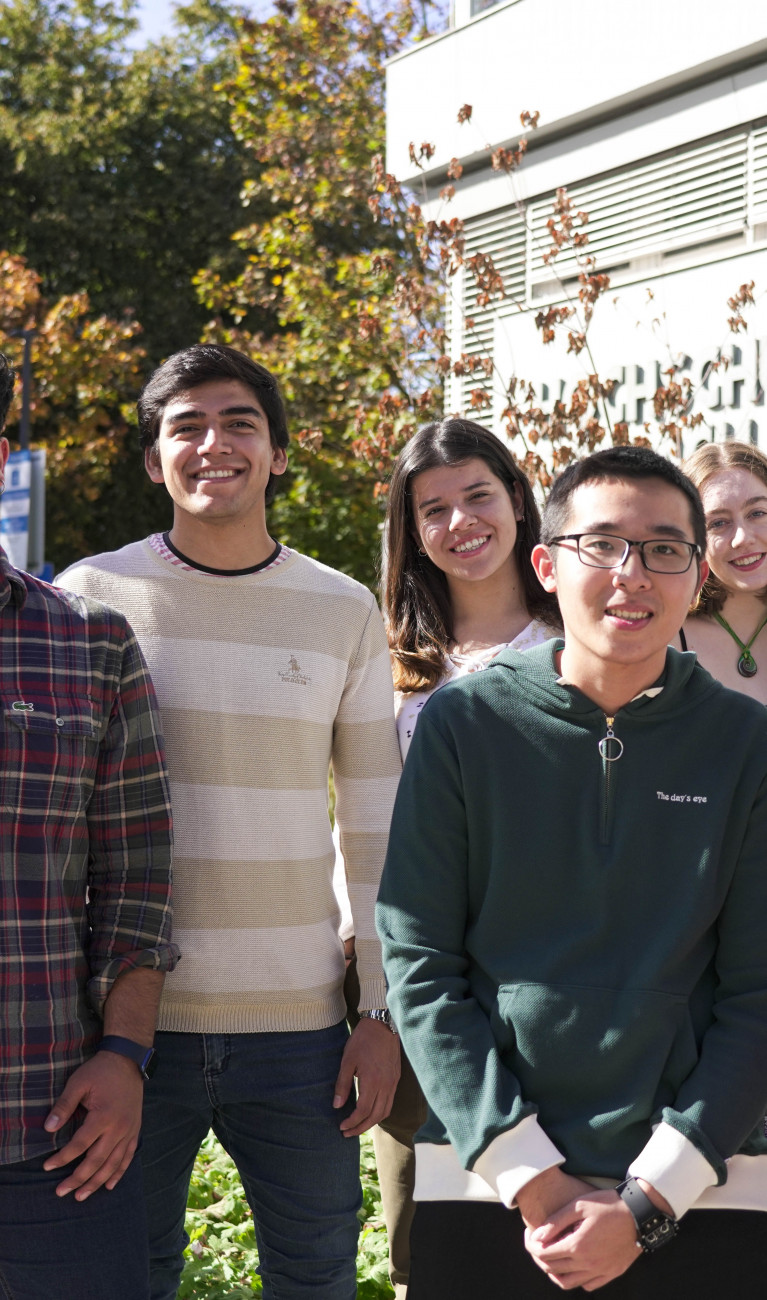
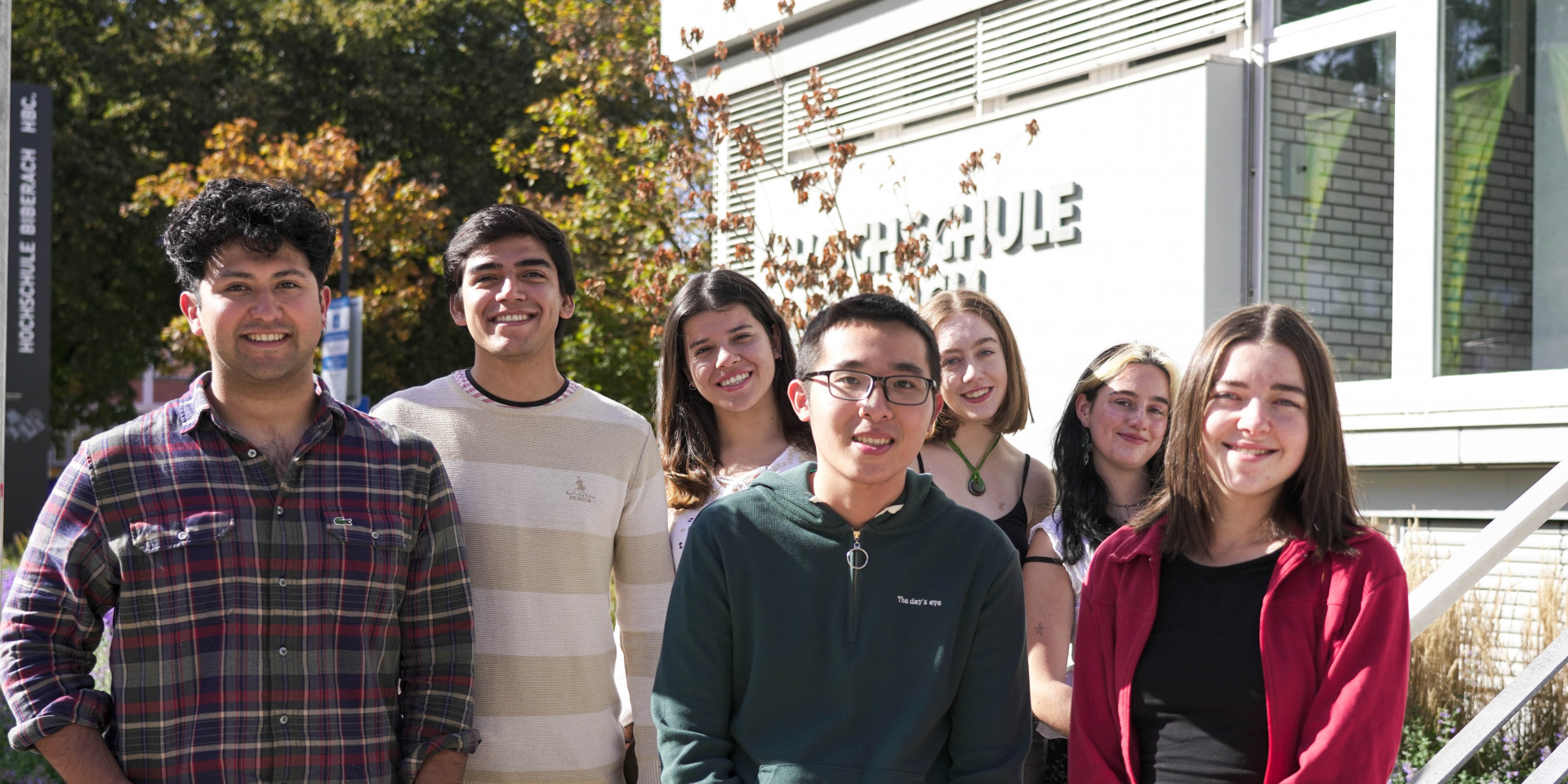
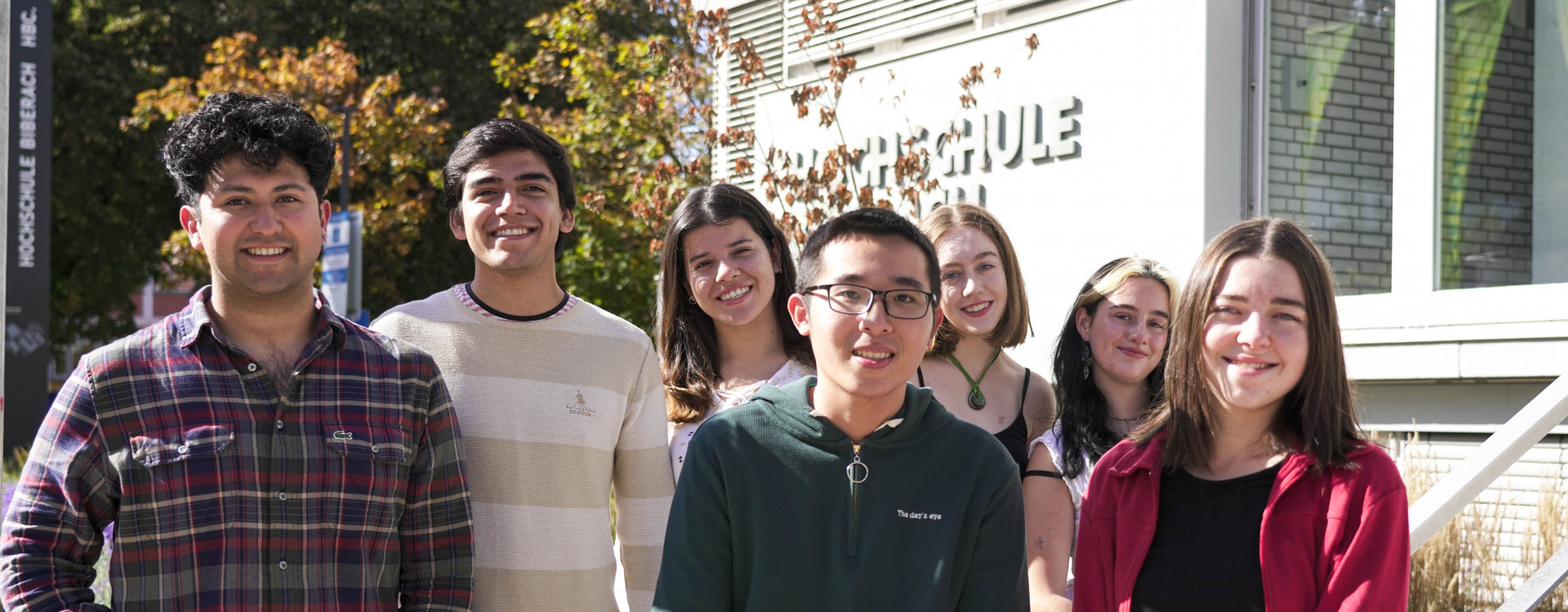



At HBC, students are at the center of everything we do. Small class sizes mean personal guidance from our professors and lecturers, and our modern labs, studios, and workshops provide the ideal environment to put your ideas into practice. As a university of construction and life sciences, we combine strong academic expertise with an interdisciplinary and international perspective. Our programs focus on future-oriented topics such as biotechnology, energy, construction, and business administration, always closely linked to real-world practice. Research and innovation are equally important to us. Working with partners from science and industry, we develop sustainable, climate-friendly technologies and processes – and invite students to take part in shaping the future.
In addition, Biberach an der Riss is the perfect place to experience student life in Germany. This small but charming university town combines a rich cultural history with a welcoming atmosphere. Everything you need – from housing to cafés, sports, and cultural activities – is close by, making it easy to feel at home. Biberach is also home to renowned global companies such as Liebherr and Boehringer Ingelheim, offering exciting perspectives for internships and future careers. And when it comes to free time, you’ll love the region: world-famous attractions like Castle Neuschwanstein, Lake Constance and the Alps are just a short trip away. Plus, with great connections to cities like Ulm, Stuttgart, and Munich, you can easily explore even more of Germany and Europe during your stay.
Architecture shapes how we live – from buildings to cities. At HBC, we teach the connection between people, space, and environment, while encouraging creativity, innovation, and social responsibility. Students work in integrated studios and workshops with both analog and digital tools, gaining hands-on experience in design and model-making.


Research projects in urban development and timber construction provide additional insights and opportunities.
Climate change demands new solutions – and energy engineers are at the heart of them. Our study program focuses on sustainable energy systems, from buildings to large-scale infrastructures. With a strong mix of theory, practice-oriented teaching, and research, students gain expertise in renewable energy, energy-efficient construction, and system design.


Access to labs and real-world projects ensures graduates are ready to develop innovative solutions for the energy transition.
Civil engineers and project managers design tomorrow’s infrastructure and take responsibility for sustainable development. Our study program combines technical knowledge with project development, financing, planning, and legal expertise – always with an interdisciplinary and practical approach.
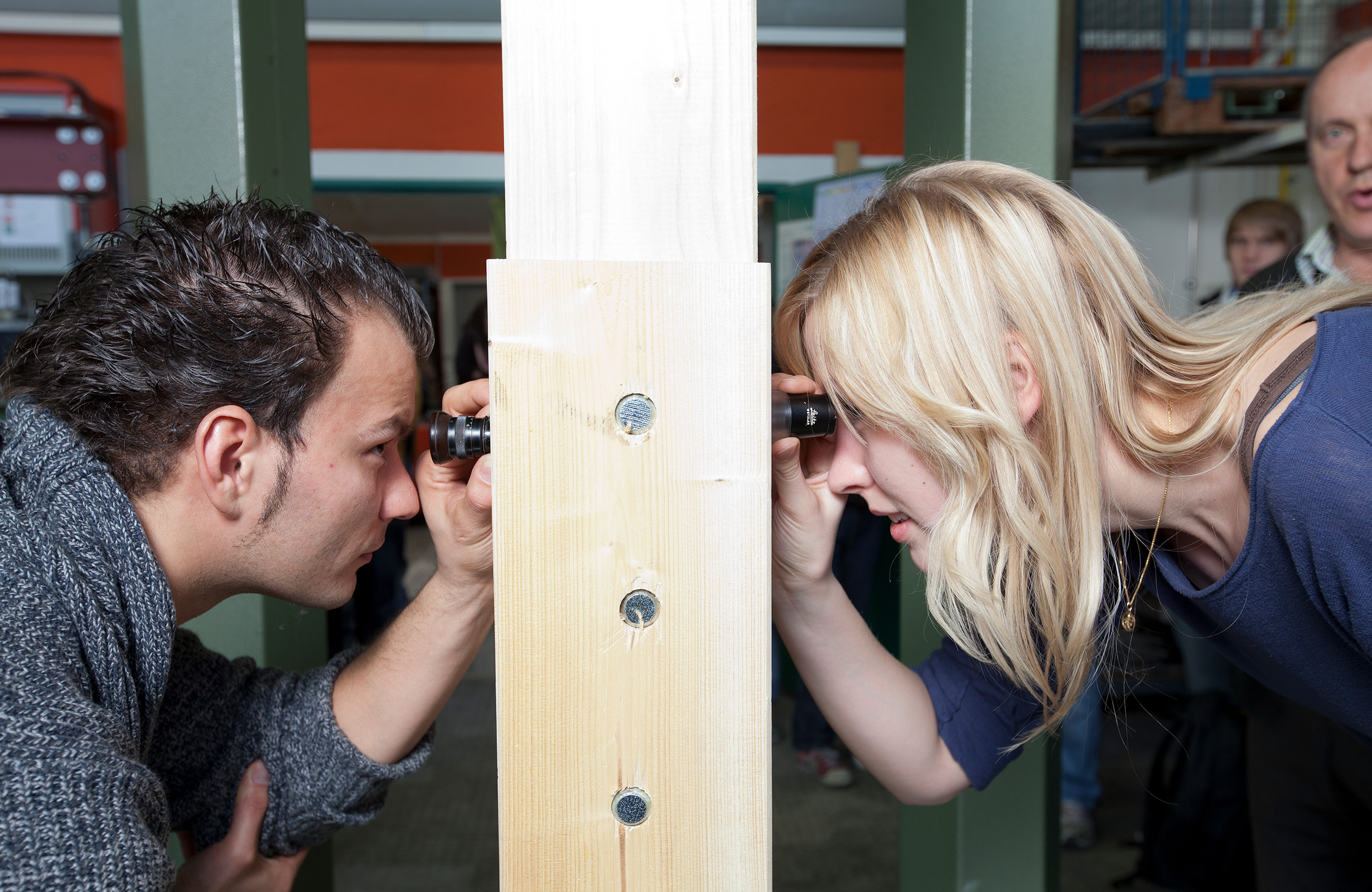
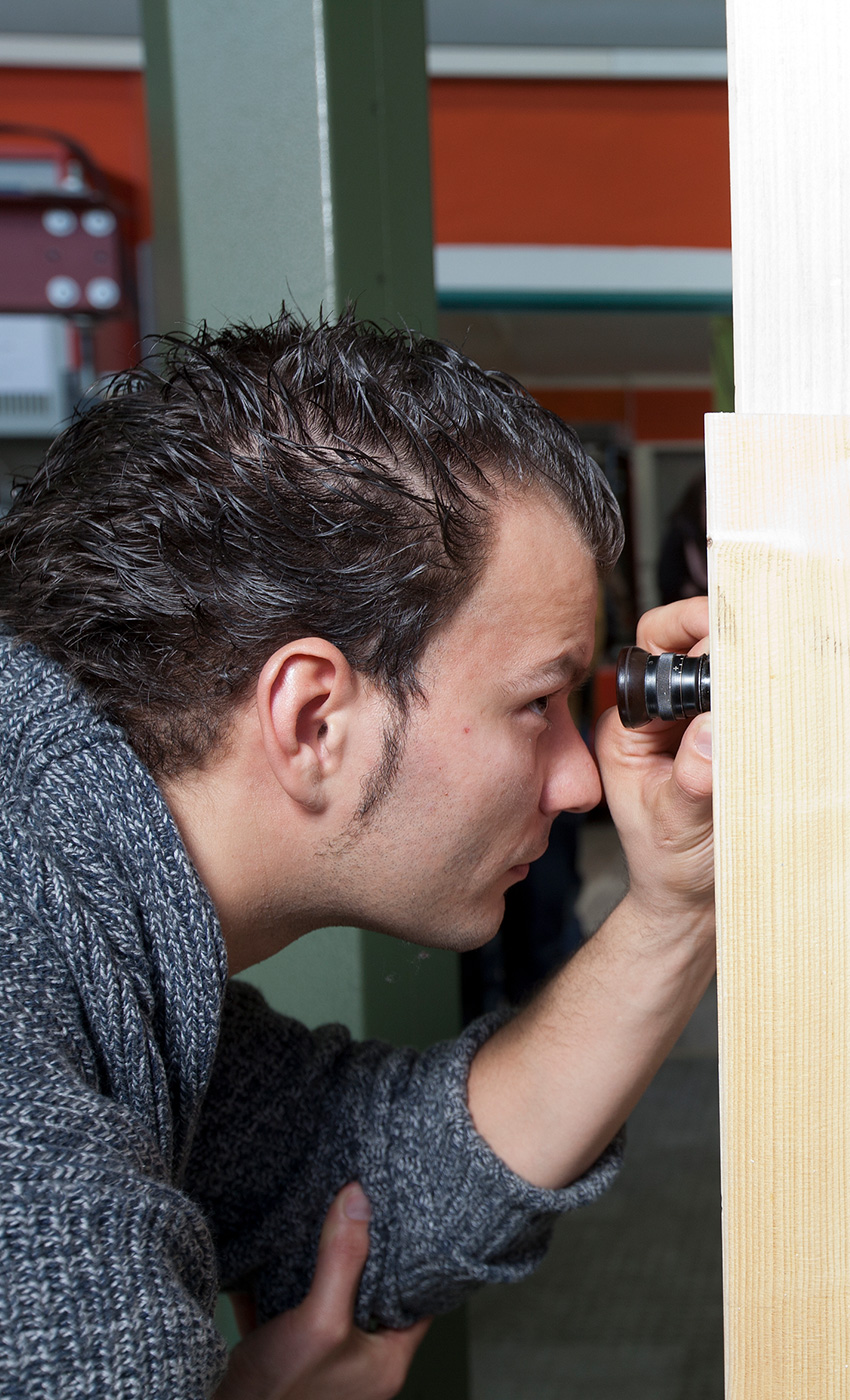
Small-group learning, real case studies, and a mix of digital and traditional methods prepare students to lead complex projects across the entire lifecycle of buildings and infrastructure.
Business is changing rapidly through digitalization, globalization, and climate challenges. Our degree equips students with the knowledge and skills to thrive in this evolving landscape – from problem-solving and interdisciplinary collaboration to creativity and global perspectives.


Innovative teaching methods like design thinking and service learning ensure graduates not only understand business but also shape it with fresh ideas and approaches.
Biotechnology drives progress in medicine, chemistry, and even energy. At HBC, students train in modern labs that reflect real industrial processes, combining hands-on practice with cutting-edge science. Our Institute for Applied Biotechnology conducts internationally recognized research on topics ranging from gene cloning to product purification.
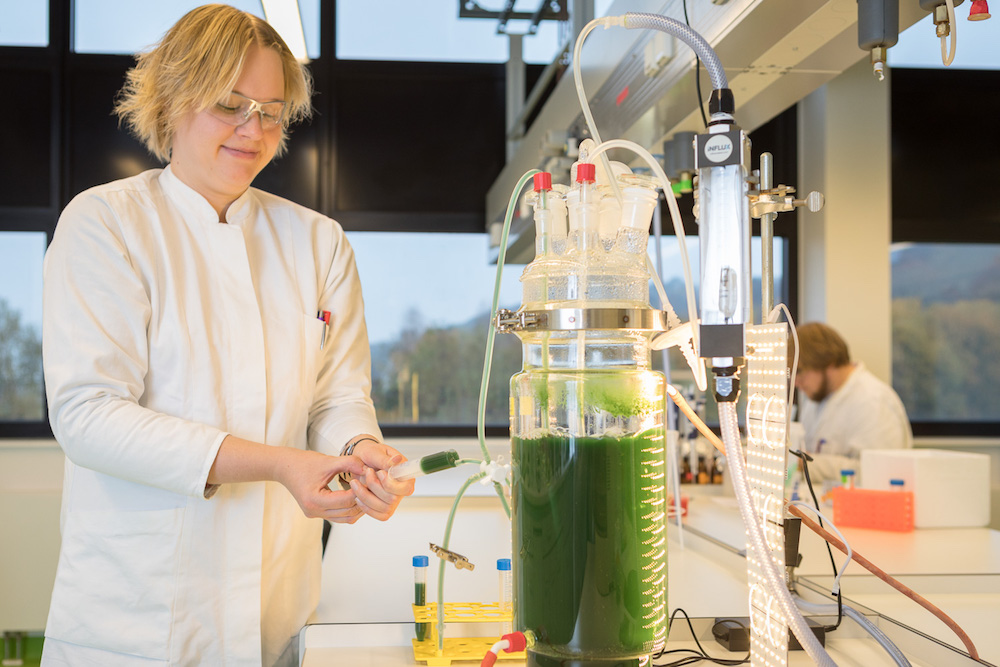
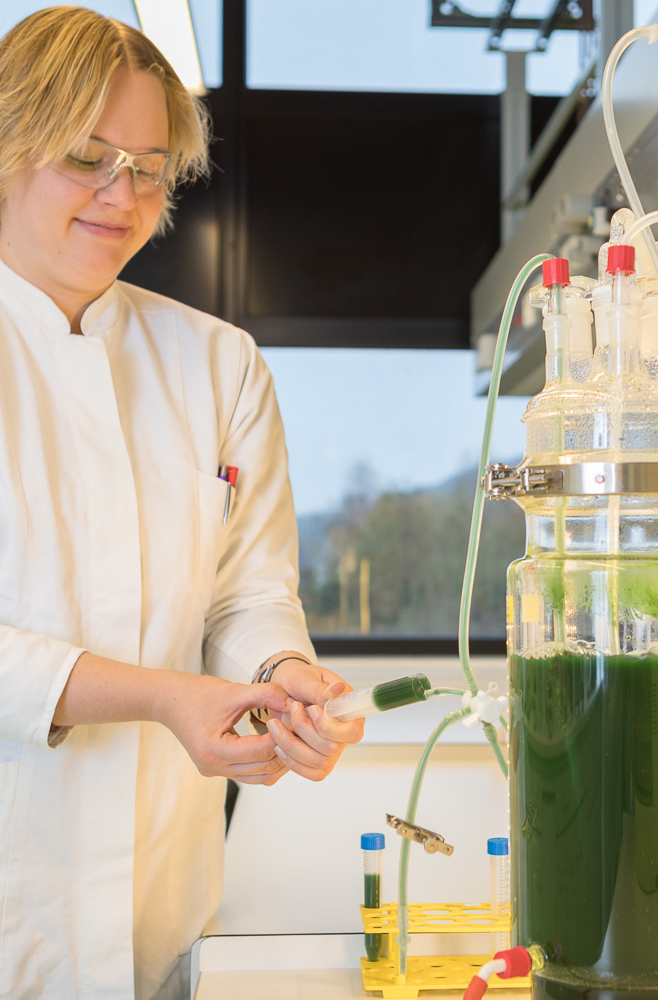
With close ties to industry and global research partners, our graduates are highly sought after in the biotech sector.
Moving to a new country is exciting – but it can also be challenging. That’s why the HBC International Office is here to support you every step of the way and help you feel at home in Biberach from your very first day.
We provide guidance with all administrative procedures and assist you in finding suitable accommodation and when dealing with local authorities, so you can focus on your studies without unnecessary stress. To make your arrival easier, we invite you to take part in our orientation week before the semester starts. During this week, you’ll get to know the campus, the city, your fellow students, and important services that will support you during your stay.
To help you integrate academically and culturally, we offer German language courses at different levels as well as intercultural trainings, which prepare you for studying and living in a new environment. In addition, our program of social and intercultural events, get-togethers, and excursions gives you the chance to meet other international and local students, build friendships, and discover the culture and landscapes of the region.
With our comprehensive welcome services, we make sure that you can quickly settle in, enjoy your studies, and make the most of your international experience at HBC.
Further information regarding admission for international degree seekings, please refer to the information for international degree seeking applicants (in German).
Your entrance qualification and language certificate must be first officially recognised. For degree programs in Baden-Württemberg, the qualifications are assessed by the Center for International Students of the Universities of Applied Sciences in Baden-Württemberg (Studienkolleg).
The application deadlines for the entrance test, assessment test and certificate recognition at Studienkolleg are:
You are welcome to spend one or two exchange semesters at HBC.
Your home university must send us a nomination. Once the nomination is accepted, you will receive the link to the online application portal and further practical information from the HBC International Office.
For partner universities:
Nomination deadline for the following winter semester: May 1st
Nomination deadline for the following summer semester: November 1st
For incoming students:
Application deadline for the following winter semester: May 15th
Application deadline for the following summer semester: November 15th
Students from EU/EEA and Switzerland:
Students from EU/EEA and Switzerland do not need to provide financial evidence.
Students from non-European countries:
Students from non-European countries will have to show proof that they do have sufficient funds to cover their stay in Germany in order to apply for a visa or a residence permit. The minimum amount of money is 992 € per month of your stay. This is the amount of money estimated by German authorities to be needed by a student to cover the costs of living in Germany for a month.
When you plan to stay 6 months in Germany, you have to submit proof of finances equaling 5.952€; when you plan to stay a whole year, this amount rises up to 11.904€.
The proof of finances can be done in various ways (a combination of several sources of funding is also possible):
For more information, you can have a look here (please note that we cannot take responsibility for pages maintained by external providers).
Please make sure to inquire at the German embassy in your home country which form of financial proof is required/accepted!
*If you decide to open a blocked account for your visa application or residence title, you may use one of the following providers (please note that we cannot take responsibility for pages maintained by external providers):
Please be aware that not all providers offer blocked accounts for all nationalities and that the fees and conditions may vary.
Please also note that the naming of providers offering blocked accounts does not amount to a recommendation. HBC does only name the service providers offering blocked accounts of which it is aware. HBC does not and never did have a business relationship with the named providers offering blocked accounts and is not liable for possible damage resulting from opening a blocked account with any of the providers listed.
All incoming students (EU/EEA and non-European) as well as German students must have a health insurance. Further general information on health insurance in Germany can be found here and here (please note that we cannot take responsibility for pages maintained by external providers).
Students from EU/EEA and Switzerland:
If you are from the EU/EEA or Switzerland, your national health insurance covers you during your stay in Germany. The only document you will need is your valid European Health Insurance Card (EHIC). A copy of both sides of your EHIC will be required during the application process. Please make sure that your EHIC is valid for the entire period of time you will stay in Biberach.
Students from Bosnia-Herzegovina, Macedonia, Montenegro, Serbia, Tunisia and Turkey:
The above mentioned countries and Germany have a bilateral agreement on social security that includes illness and maternity benefits as well as medical assistance in Germany without the taking out of a German statutory health insurance.
As proof that you are insured, you will need to provide the respective document mentioned hereafter:
• Bosnia-Herzegovina (BH 6)
• Macedonia (DE/RM 111)
• Montenegro (D/MNE 111)
• Serbia (DE 111 SRB)
• Tunisia (A/TN 11)
• Turkey (A/T 11)
Students from non-European countries:
If you are a student from a non-European country, you must have a German statutory health insurance. The cost is approximately 145€ per month (as of September 2025).
Your national health insurance or a travel health insurance that is accepted during the visa application process at the embassy is not sufficient for enrolment at the university!
Please conclude the German statutory health insurance BEFORE coming to Germany. It is valid from the beginning of the semester (1st of September/1st of March) / from the date of enrolment. If you enter Germany before the semester starts, you will need a travel health insurance for the first few days.
In Biberach and the surrounding area you will find the following health insurance companies (please note that we cannot take responsibility for pages maintained by external providers):
Combinations of German health insurance and blocked account:
If you want to open a blocked account as proof of finances for the visa or residence permit, you may get a good price for a combination of a blocked account and a German health insurance at providers of service packages for international students.
You may use one of the following providers (please note that we cannot take responsibility for pages maintained by external providers):
Please be aware that not all providers offer blocked accounts for all nationalities and that the fees and conditions may vary.
Please also note that the naming of health insurance companies and providers offering service packages for international students does not amount to a recommendation. HBC does only name the health insurance companies and service-providers of which it is aware. HBC does not and never did have a business relationship with the named health insurance companies and service-providers and is not liable for possible damage resulting from getting insured with/using the service from any of the health insurance companies or providers offering service packages for international students listed.
Students ≥ 30 years of age
Students from non-European countries aged 30 years or older must insure themselves with a German private health insurance. Private health insurances from abroad are not accepted.
If this is your case, please contact the International Office for further information: incomings@hochschule-bc.de
We highly recommend to take out liability insurance (professional and/or personal liability), as all personal and property damages caused by negligence must be compensated according to German law, insurance covering accidents and travel insurance (including repatriation from abroad) for the duration of your stay in Germany. In addition, an insurance covering serious illnesses (including full or partial incapacity for work) and a life insurance (including repatriation from abroad) may also be relevant.
Please note that HBC is not liable for damages arising from illness, death, accident, personal injury, loss or damage to property in connection with your stay abroad and does not take any damage claims. HBC does not offer insurance for incoming students. You have to organize sufficient insurance coverage on your own.
Students from EU/EEA:
If you are from a European country, in which the euro is the standard currency, you do not have to open a German bank account.
If you are from a European country, in which the euro is NOT the standard currency, we recommend to open a German bank account to avoid conversion charges and other additional fees that may apply.
For more information on German bank accounts you can have a look at the section “Students from non-European countries”.
Students from non-European countries:
We recommend students from non-European countries to open a German bank account before arriving to Biberach. If you do not want to do so, it is also possible to open a bank account in Germany. A German bank account simplifies your everyday life in Germany and is a prerequisite for regular and reoccurring payments, such as rent and health insurance as well as shopping and much more. If you are from a non-European country and a scholarship recipient, a German bank account is also necessary to receive the stipend.
General information on German bank accounts can be found here and here (please note that we cannot take responsibility for pages maintained by external providers).
In general, there is a great variety of banks in Germany and it is your own decision which bank you would like to open an account with.
A non-exhaustive list of German banks in Biberach and popular online banks can be found hereafter (please note that we cannot take responsibility for pages maintained by external providers):
In addition, the following websites provide useful information on different German and online bank accounts (please note that we cannot take responsibility for pages maintained by external providers):
Please note that the naming of institutions offering bank accounts does not amount to a recommendation. HBC does only name the service-providers offering bank accounts of which it is aware. HBC does not and never did have a business relationship with the named institutions offering bank accounts and is not liable for possible damage resulting from opening a bank account with any of the banks listed.
Starting your studies abroad is exciting – and scholarships can help make it easier. At HBC, we offer funding opportunities to help incoming exchange students with travel and living expenses. This way, you can focus on settling in, exploring your new environment, and making the most of your international experience.
As a university with a focus on construction and energy, we see it necessary not only to impart technologies and skills that are environmentally friendly and resource efficient, but also to implement them under our own roof. We were the first university in Baden-Württemberg to develop an integrated climate protection concept as part of the national climate protection initiative. Our target is to achieve as a climate-neutral university by 2030.
HBC, with its two locations Campus Stadt and Campus Aspach, has been one of the six EMAS-certified universities in Baden-Württemberg since 2015. EMAS (Eco-Management and Audit Scheme) is the environmental management certification of the European Union and is one of the most important systems worldwide for continuously improving the environmental situation and ensuring sustainable organization.
Biberach an der Riß - University town in Baden-Württemberg and full of history, nature and a wide range of leisure activities! It's a wonderful place to work and live. Its central location between the cities of Ulm and Ravensburg also makes Biberach an important business centre in the region. The weekly market, cosy inns, the Federsee lake, the pilgrimage church in Steinhausen as well as museums and historical buildings make the town in upper Swabia a special place for students and employees of Biberach University of Applied Sciences as well as for visitors.
